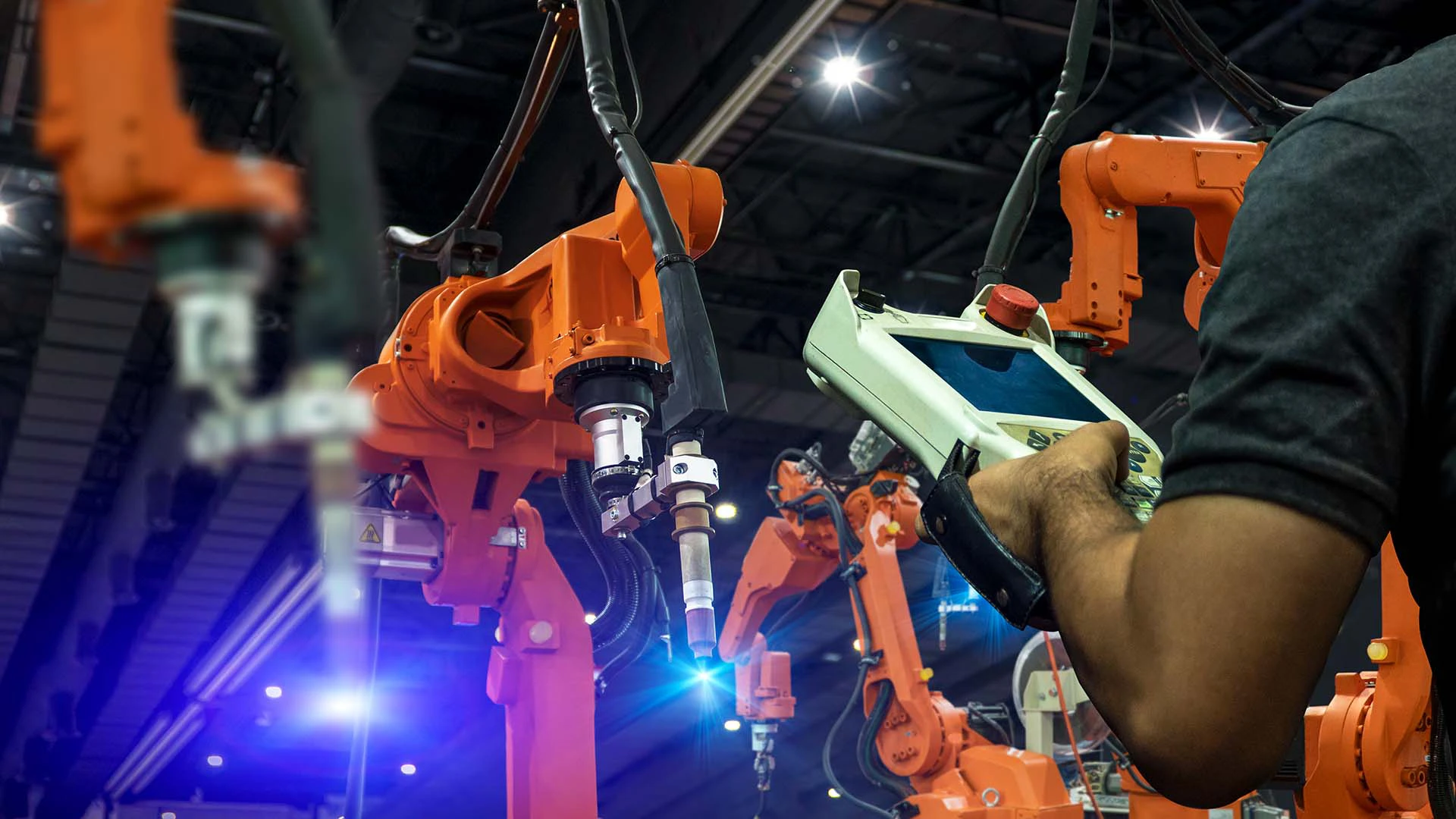
Next-gen Bank Teller Experience
A custom-built teller platform delivered exceptional customer experience, streamlined
operations, and reduced costs for a leading bank.

Innovative Centralized Product Bundling Platform for a Fortune 500 Bank
Aligning with a “One Bank” vision through automated product bundling to increase
revenue, retention, and customer satisfaction.

AI-Enabled Location Awareness for Industrial Safety
Boosting operational efficiency and safety with AI-powered location tracking in industrial environments.


